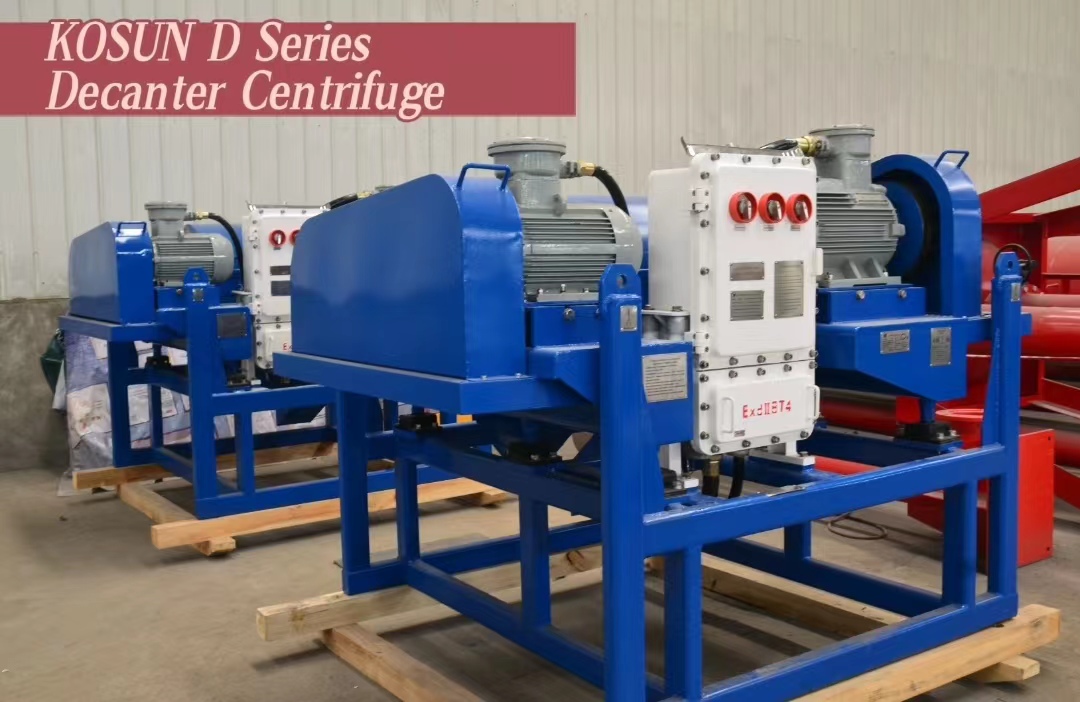- Home
- Products
-
-
Solids Control Equipment
- Linear Motion Shale Shaker
- Decanter Centrifuge
- Mud Cleaner
- Vacuum Degasser
- Centrifugal Pump
- Shear Pump
- Submersible Slurry Pump
- Mud Agitator
- Mud Gun
- Jet Mud Mixer
- Desilter
- Water Tank
- Mud Tank
- LS1850 Shale Shaker
- Diesel Tank
- MD210 Drilling Mud Cleaner
- Balanced Elliptical Motion Shale Shaker
- Oilfield Drilling Mud Desander
-
Solids Control System
- Drilling Mud Cooling System
- Solids Control System
- Mobile Solids Control System
- Arctic Solids Control System
-
TBM
- Tunnel Boring Mud System
-
HDD
- HDD Mud Recovery System
-
-
- News
- Services
- Marketing
- About Us
- Contact Us
- Videos
Home > KOSUN News >
Environmental and Economic Benefits of Decanter Centrifuges in Solids Control
Feb 26, 2025
The mining industry faces significant challenges in managing tailings and wastewater. Decanter centrifuges offer an effective solution by dewatering tailings and separating solids from process water.

By reducing the moisture content of tailings, decanter centrifuges minimize the volume of waste that needs to be stored in tailings ponds. This not only lowers storage costs but also reduces the environmental impact of mining operations. Additionally, the clarified water can be recycled back into the process, conserving valuable resources and supporting sustainable mining practices.
Innovations in Decanter Centrifuge Design for Solids Control
Recent innovations in decanter centrifuge design have significantly improved their performance in solids control applications. Advanced materials, such as wear-resistant alloys, have extended the lifespan of these machines, even in abrasive environments.
Modern decanter centrifuges also feature variable speed drives and automated control systems, allowing operators to optimize performance based on specific feed conditions. These advancements have made decanter centrifuges more efficient, reliable, and adaptable to a wide range of solids control challenges.
Environmental and Economic Benefits of Decanter Centrifuges in Solids Control
Decanter centrifuges provide both environmental and economic benefits in solids control applications. By efficiently separating solids from liquids, these machines reduce the volume of waste that needs to be disposed of, lowering disposal costs and minimizing environmental impact.
In industries such as oil and gas and mining, decanter centrifuges help recover valuable materials from waste streams, further enhancing their economic value. Additionally, the ability to recycle process water supports sustainable resource management and reduces the demand for fresh water.


